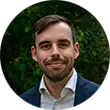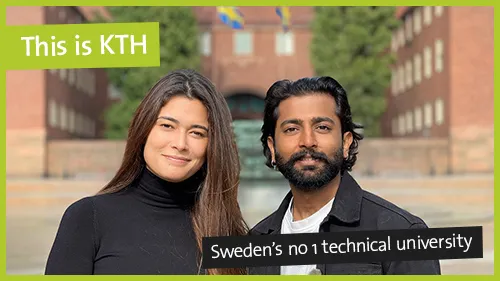MSc Nuclear Energy Engineering
The master's programme in Nuclear Energy Engineering provides comprehensive coverage of nuclear engineering, exploring the physics, technology, and safety of nuclear reactors and power plants. The courses emphasise radiation protection, and the design, operation, and management of nuclear facilities. You will gain specialist knowledge in developing next-generation technologies, such as Generation IV and Small Modular Reactors, placing you at the forefront of future energy innovation.
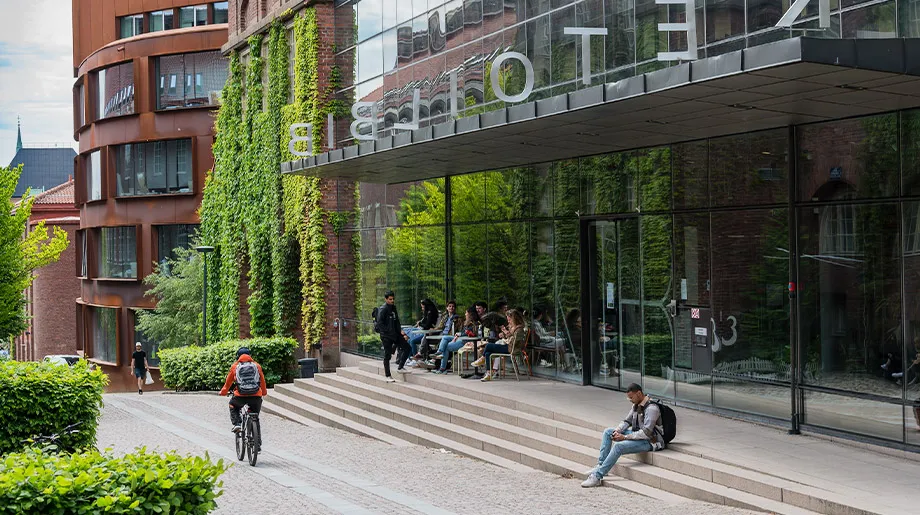
Nuclear Energy Engineering at KTH
The master's programme in Nuclear Power Engineering addresses the growing demand for skilled nuclear engineers and researchers in the nuclear industry, supporting efforts to maintain and upgrade existing power plants and develop new sites. With renewed public and political support, many countries increasingly turn to nuclear power as a key component of their energy strategies. In addition, new nuclear technologies and innovations promise to provide clean, reliable and cost-effective energy solutions that significantly reduce greenhouse gas emissions while meeting growing energy demand. With a diverse range of courses and a large number of students, our programme is one of the world's leading and largest in nuclear engineering education.
The programme includes mandatory courses that provide a solid foundation in the physics, technology, safety and thermal-hydraulics of nuclear reactors and power plants, as well as radiation protection and dosimetry. You can personalise your studies by choosing from various electives that explore different aspects of nuclear engineering. These electives cover topics such as the design of next-generation reactors, nuclear fuel cycle management, the application of Monte Carlo and other numerical methods, reactor and power plant simulations, radiation damage in materials, and the chemistry and physics of nuclear fuels.
Our courses use modern teaching methods, including the flipped classroom approach, interactive computer-based assignments, video-recorded lectures and dedicated e-books. The programme also incorporates the APROS simulator, an advanced nuclear reactor and power plant simulation tool. To enhance practical learning, several field trips are organised, including hands-on training at the VR-1 research reactor in Prague.
All our academic staff are actively involved in research projects with extensive international collaborations. Our research covers areas such as severe accident management, heavy metal coolant technology, nuclear fuel materials and thermal hydraulics. The programme also has strong partnerships with various industrial leaders in Sweden and abroad. You can carry out your master's degree projects at prominent companies such as Westinghouse, Studsvik, Vattenfall, OKG, Forsmark and Vysus Group.
This is a two year programme (120 ECTS credits) given in English. Graduates are awarded the degree of Master of Science. The programme is given mainly at KTH Campus in Stockholm by the School of Engineering Sciences (at KTH).
Courses in the programme
The courses in the programme cover topics such as physics and technology of nuclear reactors and power plants, radiation protection, safety of nuclear power plants, generation IV reactors, small reactors, energy transformations, materials in nuclear engineering, nuclear fuel cycle, simulations of nuclear reactors and power plants.
Courses in the master's programme in Nuclear Energy Engineering
Future and career
Nuclear power is rapidly emerging as a key component of carbon-free electricity generation. With numerous reactors under construction around the world, the industry is experiencing significant growth. The future of nuclear power is centred on the development of advanced reactor technologies to meet the growing demand for safe, cost-effective and sustainable energy. Next-generation reactors promise improved safety features, greater efficiency and reduced environmental impact. These advances aim to provide a reliable and long-term solution to meet the world's growing energy needs, while contributing to global efforts to combat climate change.
Graduates of the programme are highly valued by industry leaders, regulatory bodies, and research institutions both in Sweden and internationally. In Sweden, our graduates have secured positions with prominent organisations such as ABB, Vattenfall Nuclear AB, E.ON, Westinghouse, Forsmark Kraftgrupp, Ringhals, OKG, the Radiation Safety Authority (SSM), Swedish Nuclear Fuel and Waste Management (SKB), Vysus Group, AFRY, Studsvik, and Kiwa Inspecta Nuclear AB, among others.
The programme also prepares you for a career in research or further academic pursuits, including doctoral studies. Every year, new opportunities for PhD positions in nuclear engineering become available at KTH, providing a pathway for continued advancement in the field.
Sustainable development
Graduates from KTH have the knowledge and tools for moving society in a more sustainable direction, as sustainable development is an integral part of all programmes. The three key sustainable development goals addressed by the master's programme in Nuclear Energy Engineering are:

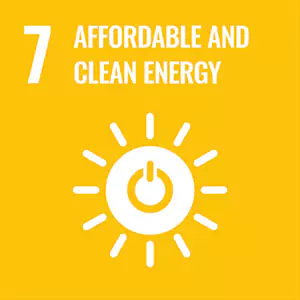
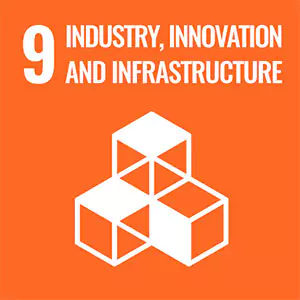
The programme is committed to continuous improvement and the use of effective learning tools. Courses are delivered by active researchers who regularly publish in international journals.
The programme contributes directly to the development of technologies and infrastructure for the provision of affordable and clean energy. Nuclear power is a CO2-free energy source, contributing to climate change mitigation compared to other energy conversion methods that produce significant CO2 emissions.
The programme maintains strong connections with industry. Courses such as SH2610 (Leadership for Safe Nuclear Power Industry) provide insights from industry experts. Students also have the opportunity to complete their Master's degree projects in collaboration with leading industry partners.
Faculty and research
The majority of courses are taught by the Division of Nuclear Science & Engineering. Our research aims to improve the performance and safety of existing and future nuclear power plants, with a focus on water-cooled and lead-cooled reactors using both conventional and advanced fuels.
We use a range of computational techniques including Monte Carlo methods, computational fluid dynamics, density functional theory and systems codes to simulate transients. Additionally, the division operates a 1 MW high-pressure heated water loop for studying two-phase flow and dry-out conditions. Our facilities also include a nuclear fuel fabrication laboratory equipped for the fabrication and characterisation of uranium nitride, silicide and composite fuels.






